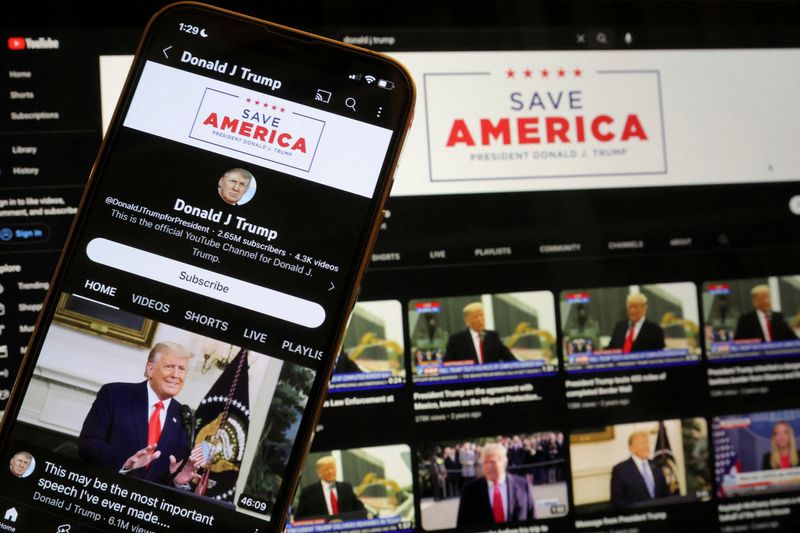In response to mounting cybersecurity threats and physical risks, the campaign of Republican presidential candidate Donald Trump has initiated a series of security enhancements, including the acquisition of specialized, encrypted mobile phones and secure laptops. This move follows a concerning pattern of Iranian cyberattacks, which have successfully breached the campaign’s communications, as well as two assassination attempts against the former president. To fortify its defenses, the campaign has partnered with Green Hills Software, a company known for its proprietary, security-focused operating system used by multiple U.S. government agencies. The devices purchased from Green Hills are designed specifically to minimize risks, featuring a customized Android phone stripped of unnecessary functions and bolstered with additional security measures. The adoption of these technologies represents a decisive step toward protecting both campaign staff and sensitive information.
Green Hills Software’s offerings include a unique mobile phone that is primarily operational for calling and texting, greatly reducing its vulnerability to cyber threats. Dan O’Dowd, the company’s CEO, emphasized the importance of securing the electoral process, suggesting that the technology could play a vital role in safeguarding the integrity of democratic engagements. Although the company published a press release about its relationship with the campaign on October 1, the development has largely gone unnoticed by the broader media. A spokesperson for the Trump campaign opted not to provide comments on the matter, highlighting the increasing need for confidentiality in the current political climate.
Recent upgrades to security mechanisms within the Trump campaign are also attributed to a series of targeted Iranian cyberespionage missions that infiltrated internal communications and stole sensitive documents. The staff have expressed heightened concerns that continued hacking attempts could enable adversaries to surveil individuals and use such intelligence to facilitate physical threats. To counter these risks, O’Dowd reported that a core group of campaign personnel is already using the newly acquired devices, which offer superior protection against remote cyberattacks. Features such as end-to-end encryption and two-factor authentication are standard on the devices, measures that cybersecurity experts widely endorse to enhance user protection.
One of the most significant threats identified is APT42, an Iranian hacking group known for employing advanced mobile malware. This group has a reputation for compromising conversations and remotely activating devices’ cameras, which poses a direct risk to individuals involved in the campaign. APT42 has also been linked to operations targeting dissidents and other individuals of interest to Iranian intelligence. In light of these threats, the campaign is taking proactive measures to shield itself from further breaches, underscoring the importance of investing in sophisticated cybersecurity technologies to deter espionage and potential assassination attempts.
In addition to mobile phones, the Trump campaign has also acquired customized laptops that operate in a similarly secure manner, designed to limit internet accessibility for outside attackers. These laptops facilitate secure communication among campaign staff while restricting functionality to ensure that sensitive data remains protected. This setup mirrors the mobile device approach, promoting a shared but isolated computing environment, akin to technologies used by legal teams handling classified information. By maintaining a focus on collaboration without compromising security, the campaign aims to adapt to the increasing complexities of modern threats.
Green Hills Software’s products, trusted by various branches of the U.S. military and federal agencies due to their ability to integrate seamlessly with a broad array of platforms, are intended to create layers of protection. The company’s operating system has shown resilience against vulnerabilities, which is particularly pertinent in an era where cybersecurity breaches can yield severe consequences. As the Trump campaign navigates the challenges of an election year amidst escalating cyber threats, the decision to engage with specialist security technologies indicates an acknowledgment of the urgent need for comprehensive security strategies. Ultimately, these enhancements signal a more profound understanding of the digital landscape, reflecting the critical intersection of technology, politics, and national security in contemporary society.

